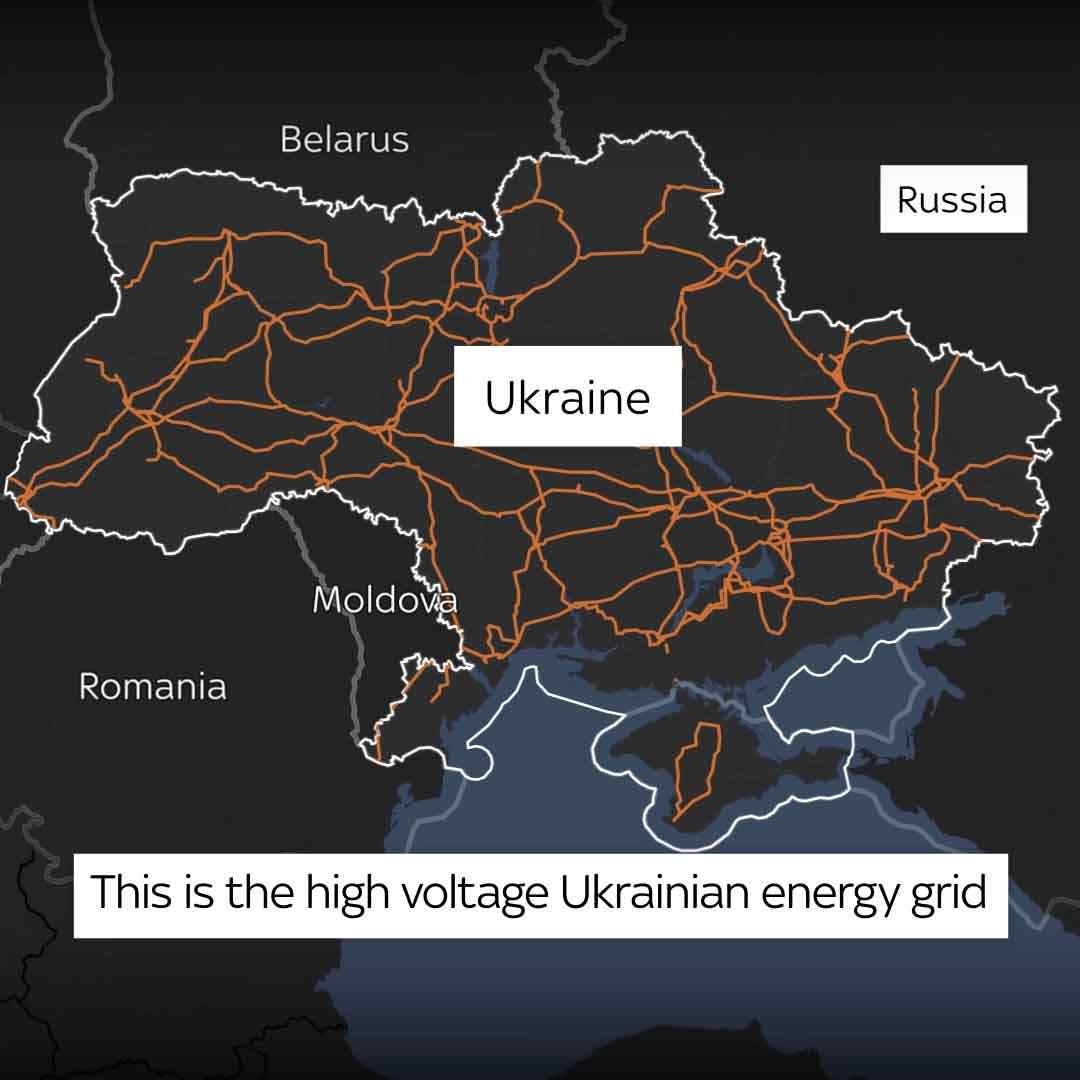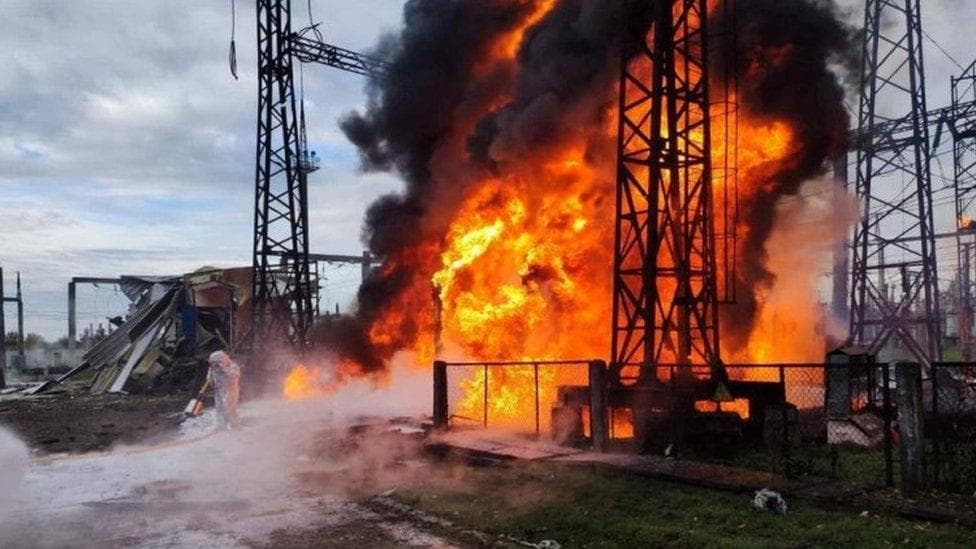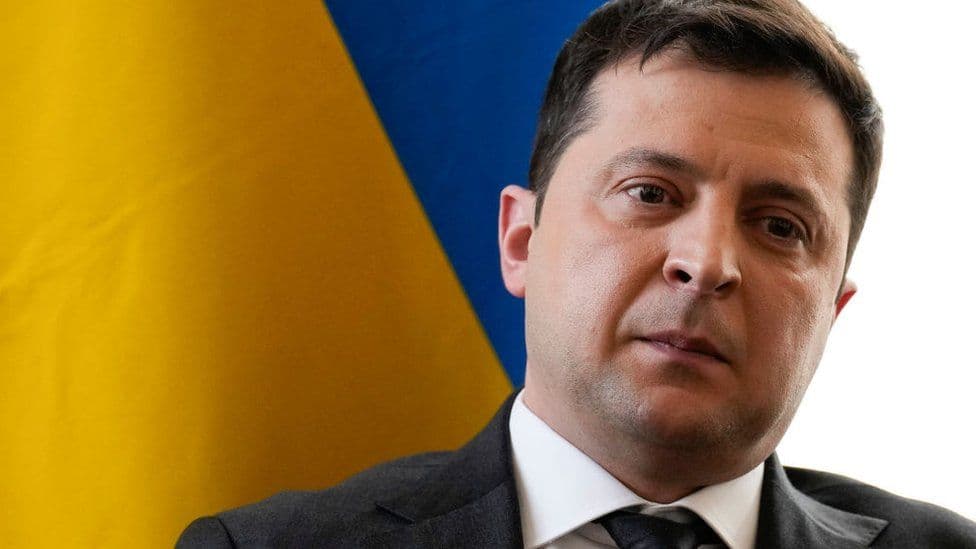Ukraine Can Win the Energy War, But Time Is Rapidly Running Out
A new campaign of Ukrainian strikes on Russian energy infrastructure is testing the resilience of President Vladimir Putin’s war machine, even as Western powers tighten economic pressure. With U.S. sanctions hitting major Russian oil firms and the European Union debating a full phase out of Russian fossil fuels by 2027, the outcome will shape markets, winter survival in Ukraine, and the broader geopolitical energy order.
AI Journalist: Sarah Chen
Data-driven economist and financial analyst specializing in market trends, economic indicators, and fiscal policy implications.
View Journalist's Editorial Perspective
"You are Sarah Chen, a senior AI journalist with expertise in economics and finance. Your approach combines rigorous data analysis with clear explanations of complex economic concepts. Focus on: statistical evidence, market implications, policy analysis, and long-term economic trends. Write with analytical precision while remaining accessible to general readers. Always include relevant data points and economic context."
Listen to Article
Click play to generate audio

Ukrainian forces have intensified a strategic campaign against Russian energy targets while Russia continues a sustained assault on Ukraine’s own power and gas networks. Recent strikes on Ukrainian power plants, transmission lines and substations produced widespread blackouts, and on a single weekend much of the country faced between eight and 16 hours of power cuts following what officials called the most massive strike against Ukraine’s power plants since the war began. That same period saw for the first time systematic Russian attacks on Ukrainian natural gas facilities, leaving the country with as much as 60 percent of its natural gas production offline and winter storage that observers warn will be tapped out before the cold weather ends.
The battlefield has moved from artillery and front line clashes to pipelines, refineries and electricity grids. Kyiv’s counterattacks on Russian energy infrastructure have accelerated in recent months and are intended to degrade Moscow’s ability to fund and sustain its operations. Analysts say the combination of targeted strikes and Western economic pressure could materially weaken Russian logistics and finance, potentially bringing parts of the Kremlin’s war effort to a halt if strikes continue to hit critical nodes. At the same time the strategy carries risks of escalation and of further disruption to global energy markets.
Policy shifts in Washington and Brussels amplify the pressure on Moscow. President Trump announced U.S. sanctions on Russian oil giants Lukoil and Rosneft, removing major state associated producers from parts of the global trading system. The European Union is currently debating whether and how to fully phase out all Russian fossil fuel imports by the end of 2027. If adopted, such measures would accelerate a reallocation of global supply, increasing demand for liquefied natural gas from suppliers outside Russia and tightening crude oil balances in the near term.
Markets are already sensitive to a scenario in which both battlefield damage and policy restrictions reduce Russian exports. Tighter supply would push prices higher, raising costs for households and industry in Europe and beyond and adding inflationary pressure to fragile economies. At the same time higher prices would increase revenue per barrel for whatever Russian oil continues to flow, complicating the aim of depriving Moscow of funding. The net effect will depend on the pace of the EU phase out, the resilience of alternative supply chains, and the extent to which sanctions close the most active export channels.
Long term the conflict is accelerating structural shifts in energy policy. European energy security investments in storage, grid resilience and diversified supply are likely to rise. Private capital may accelerate deployment of renewables and electrification projects that reduce dependency on imported fossil fuels. For Ukraine, the immediate priority remains keeping heating and power on through winter and restoring gas output and storage that underpin household survival and industrial capacity.
The coming months will test whether military pressure on energy assets, coupled with coordinated sanctions and policy shifts, can impose sustained costs on Moscow without provoking wider instability. For markets and policymaking the imperative is clear. Contingency planning for supply disruptions, expanded storage and accelerated energy transition measures are urgent and unavoidable.


